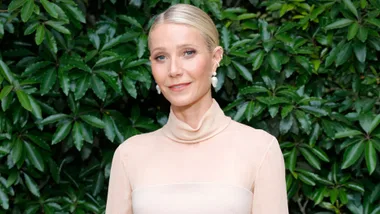Successful career women are 70 per cent more likely to develop breast cancer than other women, according to new research.
The controversial finding — disputed by cancer experts — is linked primarily to work stress, such as prejudice, discrimination and difficult interpersonal dealings.
Researchers suggest this could promote breast cancer by disrupting the body’s system of hormones that is responsible for balancing stress response and exposing breast tissue to high levels of the stress hormone, cortisol.
Among successful Australian women affected by breast cancer are Kylie Minogue, Olivia Newton-John and sass and bide designer Heidi Middleton.
The new research argued that “higher incidence of breast cancer among higher-status women may be explained by gendered occupational experiences”.
This included exercising authority in the face of “prejudice, tokenism, discrimination, social isolation and resistance from subordinates, colleagues and superiors”.
A direct link between stress and cancer is not supported by most cancer organisations, although indirect stress-related behaviours like drinking, smoking, lack of exercise and an unhealthy diet are known risk factors.
Yet when the Cancer Council NSW conducted a survey of patients, stress was singled out as the top modifiable risk factor that women believed had contributed to their breast cancer.
Almost 44 per cent thought stress played a role in their illness, while behavioural factors rated just 29 per cent.
But Professor Freddy Sitas, of the Cancer Council NSW, warned that for every study that found there was a link between stress and breast cancer, there was another that ruled it out.
He questioned the new research, arguing that women who were lower on the career ladder or who didn’t work also experienced high amounts of stress.
The new research, led by Dr Tetyana Pudrovska, of Pennsylvania State University, was prompted by the apparent paradox of breast cancer rates being higher among women in higher-status occupations.
This has often been blamed on a combination of other reasons, including higher mammogram rates, not having children or having babies later in life, using hormone replacement therapy and higher alcohol consumption.
The research was based on a 55-year longitudinal study of almost 3,700 women who were aged 36 in 1975 and monitored into old age.
Those with professional or managerial jobs had a “substantially higher” risk of breast cancer by the time they reached 72.
Although career women would have faced more discrimination in the mid-70s, Dr Pudrovska believes the findings remain pertinent.
“Because of the persistence of gender inequality and dominant gender beliefs, our study is still likely to reflect experiences of women [now and in the future].”











